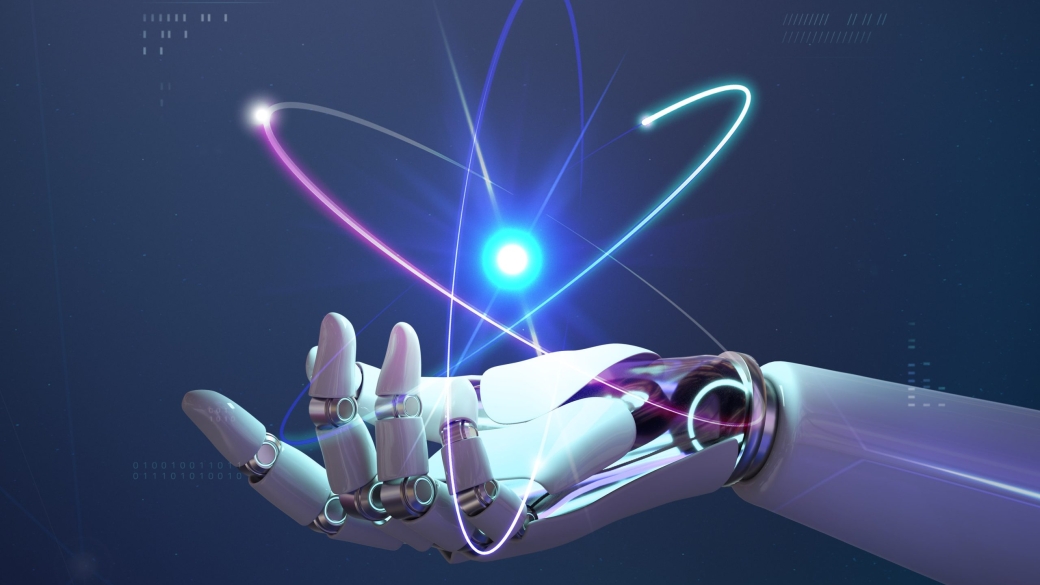Quantum computing and artificial intelligence (AI) are two of the most exciting and rapidly evolving fields in computer science. Both have the potential to revolutionize the way we approach complex problems, and when combined, they can create even more powerful tools for tackling some of the biggest challenges facing humanity.
In this blog post, we will explore the synergies between quantum computing and AI, and how their combination is poised to drive the future of computing.
First, let’s briefly review what quantum computing and AI are, and why they are so important.
Quantum computing is a paradigm of computing that leverages the principles of quantum mechanics to perform calculations that are exponentially faster than classical computers. Unlike classical bits, which can only be in one of two states (0 or 1), quantum bits or qubits can be in superposition, representing both 0 and 1 simultaneously. This property allows quantum computers to perform calculations in parallel and solve problems that would take classical computers billions of years to solve in a matter of seconds or minutes.
AI, on the other hand, is a field of computer science that aims to create intelligent machines that can perceive, reason, learn, and act like humans. AI encompasses a broad range of techniques, including machine learning, deep learning, natural language processing, and robotics, among others. AI has already transformed many industries, from finance and healthcare to transportation and manufacturing, and it has the potential to create an even more significant impact in the years to come.
Now, let’s look at how quantum computing and AI can complement each other and create new opportunities.
One of the most promising applications of quantum computing in AI is in the area of machine learning. Machine learning is a subset of AI that involves training algorithms to recognize patterns in data and make predictions or decisions based on those patterns. One of the biggest challenges in machine learning is finding the optimal parameters for the model, which can be a very computationally intensive task, especially for large datasets.
Quantum computers, with their ability to perform calculations in parallel, could greatly speed up this process and enable more complex models to be trained more quickly. For example, Google’s quantum computer has been used to train a simple machine-learning model in a fraction of the time it would take a classical computer.
Another area where quantum computing and AI can work together is in the optimization of complex systems. Many real-world problems, such as supply chain management, traffic routing, and energy distribution, involve optimizing a large number of variables to achieve the desired outcome. Classical computers struggle to solve these problems efficiently, but quantum computers could provide a solution.
One approach is to use quantum annealing, a technique that leverages the principles of quantum mechanics to find the global minimum of a complex optimization problem. Researchers have already demonstrated how quantum annealing can optimize traffic flow in Los Angeles and reduce the time needed to solve complex logistics problems.
Finally, quantum computing and AI can also work together to improve the performance of existing AI algorithms. For example, quantum-inspired algorithms, which are classical algorithms inspired by quantum mechanics, have been developed to solve optimization problems and perform machine-learning tasks more efficiently.
Another promising area is in the development of quantum neural networks, which are neural networks that use qubits instead of classical bits. These networks could enable more efficient processing of large amounts of data. They could even allow for the development of new AI applications that are not possible with classical neural networks.
In conclusion, the combination of quantum computing and AI is poised to drive the future of computing, with the potential to create new applications and transform existing industries. While both fields are still in their infancy, we are already seeing promising results, and the pace of innovation is accelerating. As we continue to push the boundaries of what is possible, it is exciting to imagine the possibilities that quantum computing and AI will have.



Add a Comment